How to Choose a Commercial HVAC Company
If you are responsible for the heating and cooling operation for your business or rental properties, then the selection of the right HVAC is a critical step in maintain your business operations. Whether it is ensuring that your commercial tenants can operate their business in comfort or making sure your residential tenants have the required services, you need a “go-to” vendor who is consistent and reliable. If you’re new to building or office management, your HVAC solution may not be at the top of your to-do list. But ask a few industry veterans and they will confirm that it is a relationship you want to have established before the inevitable happens. A quick google search and you will find dozens of companies. But how do you know which is the right one for your commercial HVAC needs? Continue reading for a few tips on how to choose the right commercial HVAC company for your business.
1. What do you need?
Before you start making cold calls, make sure you know what you need? Do you understand the current equipment in your buildings? Do you need a company that offers 24/7 repairs and emergency service? Are on-time guarantees or easy scheduling critical for the operation of your business. Do you have a limited budget, or can you afford paying a premium for varying levels of service? Understanding your needs and business operations will help you narrow down your list of proposed vendors as you begin your search and save you time from interviewing or evaluating companies that do not offer what you need or want.
You also need to understand and choose the right heating and air conditioning setup.
- Heat Pumps: When it comes to heat compression, heat pumps provide exceptional heating and cooling efficiencies in any space.
- Packaged Units: Did you know that a single cabinet is not just good on space but, they are also programmed to provide a consistent flow of cool air during the summer and warm air during the winter?
- Ductless HVAC: If you’re looking to improve energy efficiency, ductless HVAC systems have the ability to heat and cool different zones of the property while reducing energy usage in the air handling equipment.
2. Do Your Research
In this economy everyone has a website. Or at least they should. Websites are critical marketing tools allow reputable companies to provide valuable information about the services they offer and more importantly what they do not provide. If you find a vendor that does not have a website, it may be a sign that they have not kept up with technology in other ways as well.
Even if a company does not have their own website, you can use the web to locate reviews and testimonials from previous customers. Sites like Angi (formerly Angie’s List) or Yelp are great resources to get additionally information on potential vendors before you utilize their services.
3. Check the credentials.
This is an industry where training matters. HVAC vendors have to be trained in how to work with electrical components, plumbing fixtures and natural gas. Therefore, before you finalize on an HVAC vendor make sure the company and its technicians are fully licensed and insured. Industry certifications help too. If the vendor cannot or will not produce proof of insurance proper licensing, walk away. This information should be readily available and apparent on their signage, marketing material and their proposal or contract documents.
In Georgia, HVAC licenses can be found using the Secretary of State’s website. If you happen to find a vendor who does not have their own website or if you have questions regarding the validity of a license, you can use the state’s verification portal to look up your vendor. Additionally, your company should be NATE certified to make sure they are up to date on industry standards, safety protocols, and best practices.
4. Ask for a complimentary initial inspection.
A good commercial HVAC company will offer you with a free initial inspection to evaluate your commercial HVAC system. Commercial vendors are accustomed to business owners how have to shop around to find the best fit for their needs. Getting multiple estimates is common and is expected.
5. Phone a friend.
Ask you short list of vendors for references and referrals and actually call them. You’ll want to know how the technicians behaved, not just the owner. Ask if the job was completed on time, on budget and without issue. Did the technicians clean up behind themselves? Was your property respected while the team was on-site? Was the repair or installation tested before the job was considered closed? These questions can reveal if the company actually lives up to the sales pitch and marketing material.
You should also ask your friends and colleagues for referrals. Local trade organizations in your area good source, too.
6. What if I need help?
If you are in the market for a new HVAC vendor, consider Gainesville Mechanical. We proudly serve all of Northern Georgia providing heating, cooling and plumbing services for both commercial and residential properties.
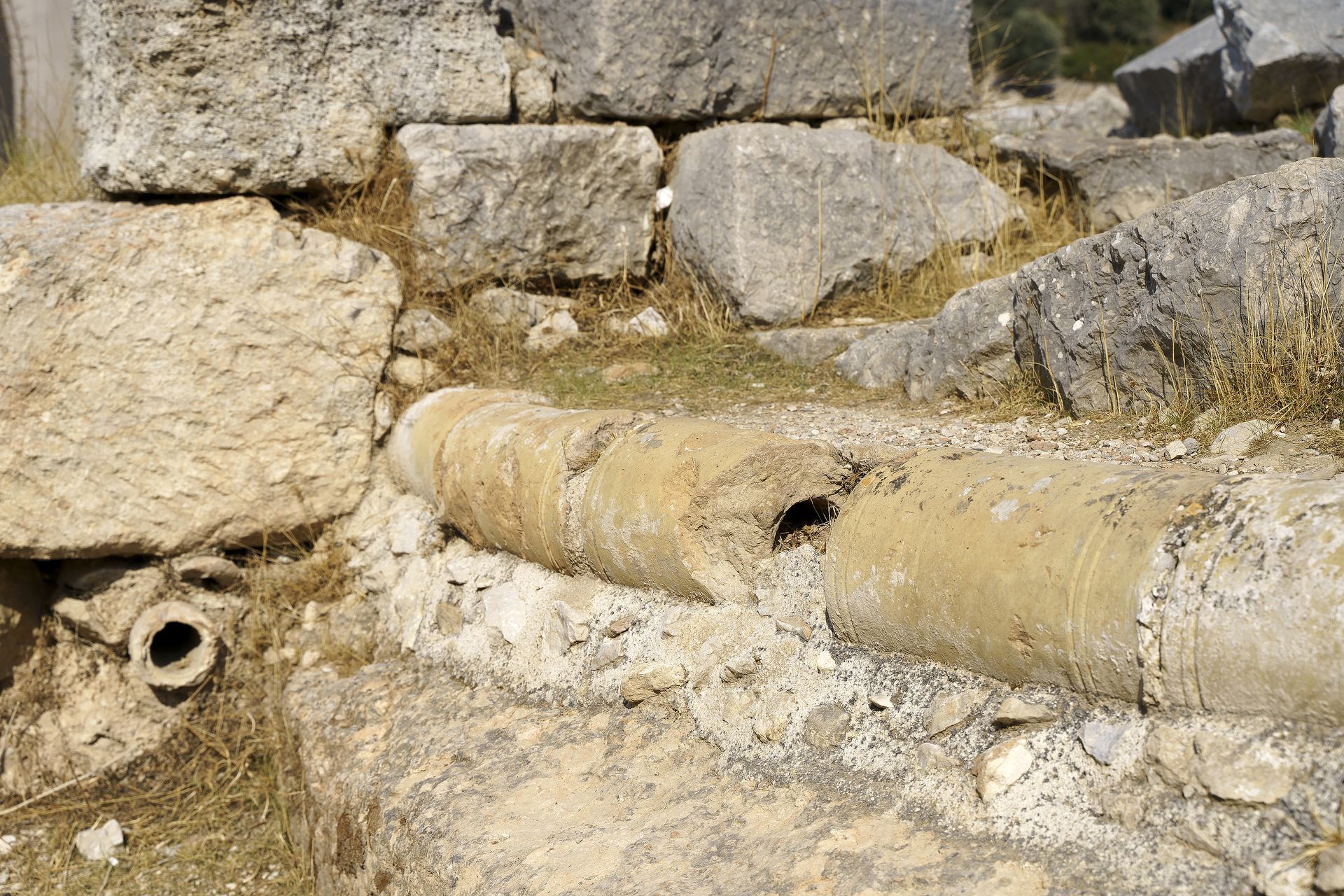
Servicing the Southeast
and Surrounding Areas
Share On:
Phone Number
All Rights Reserved | Privacy Policy
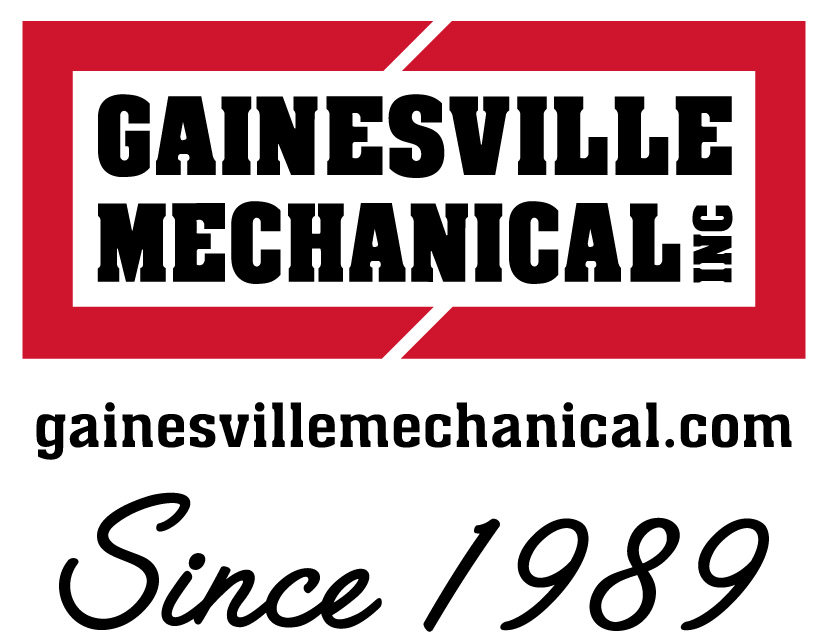
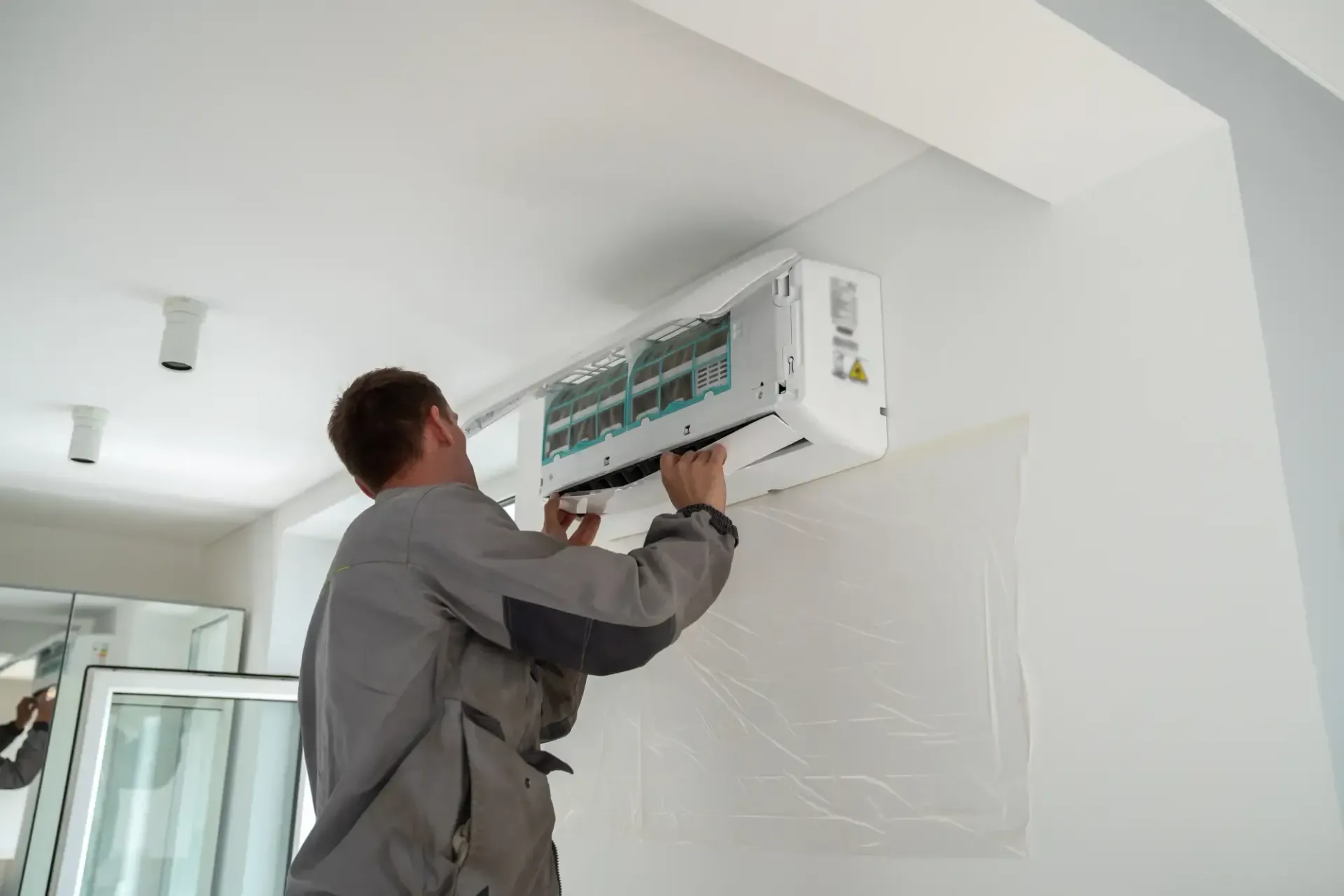
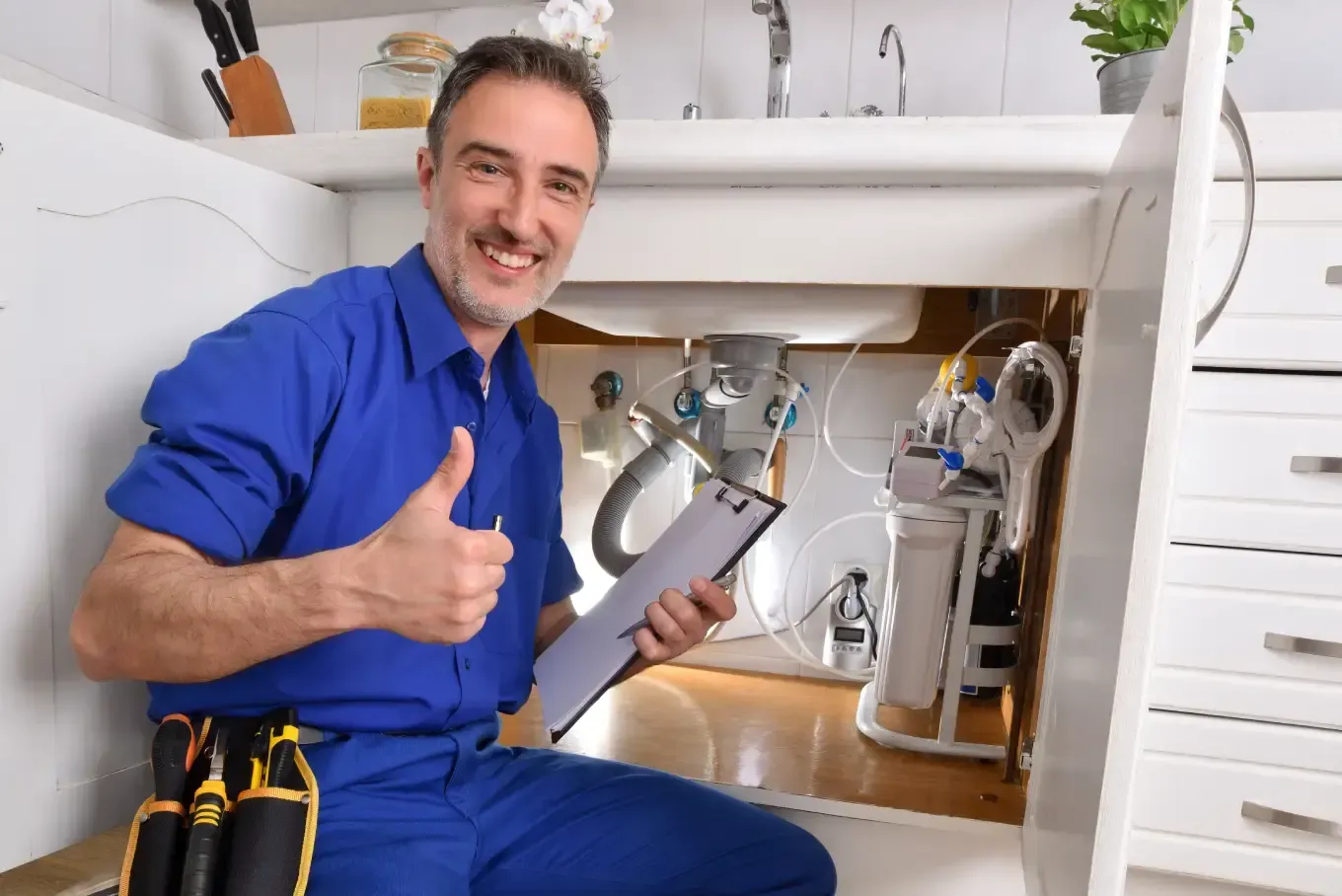
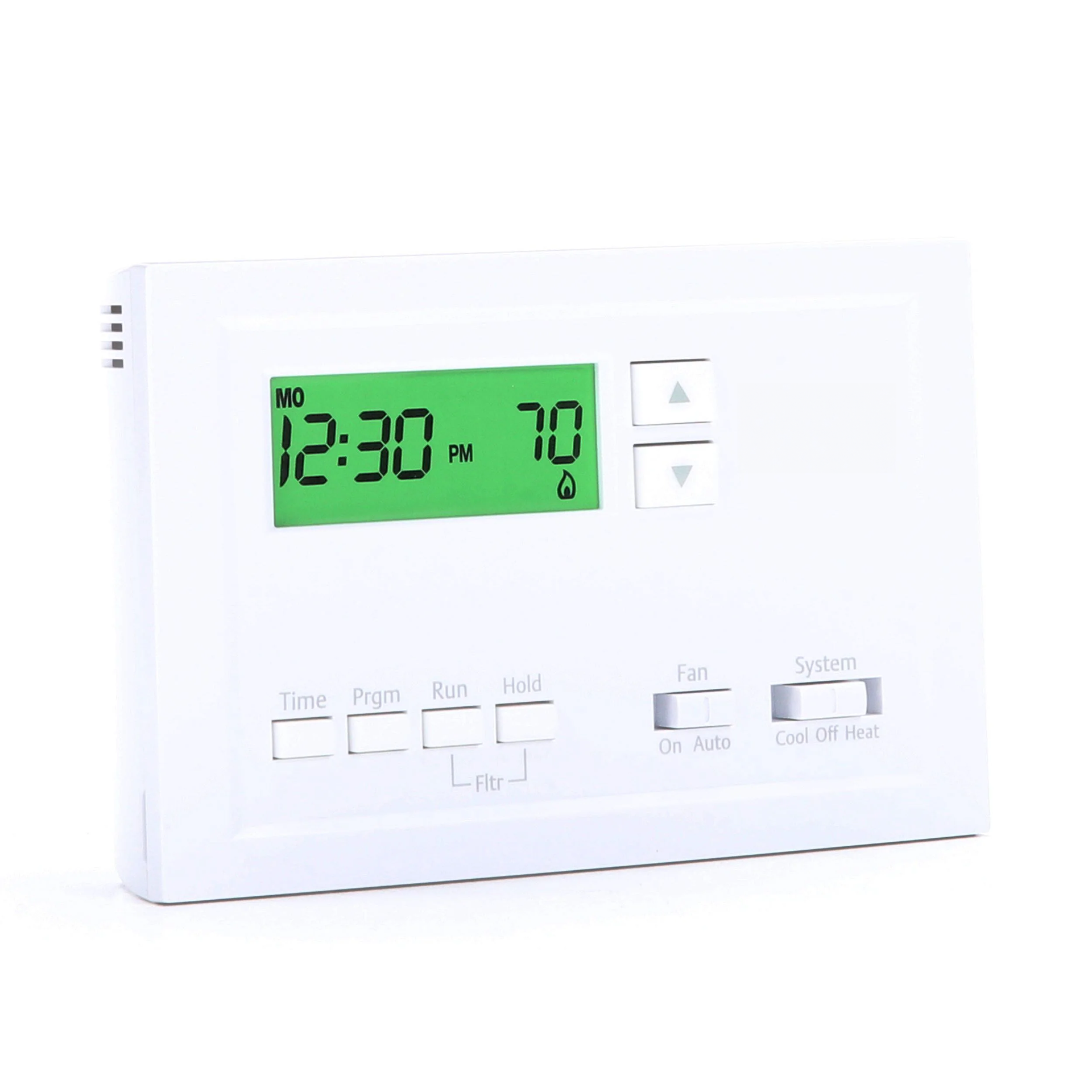
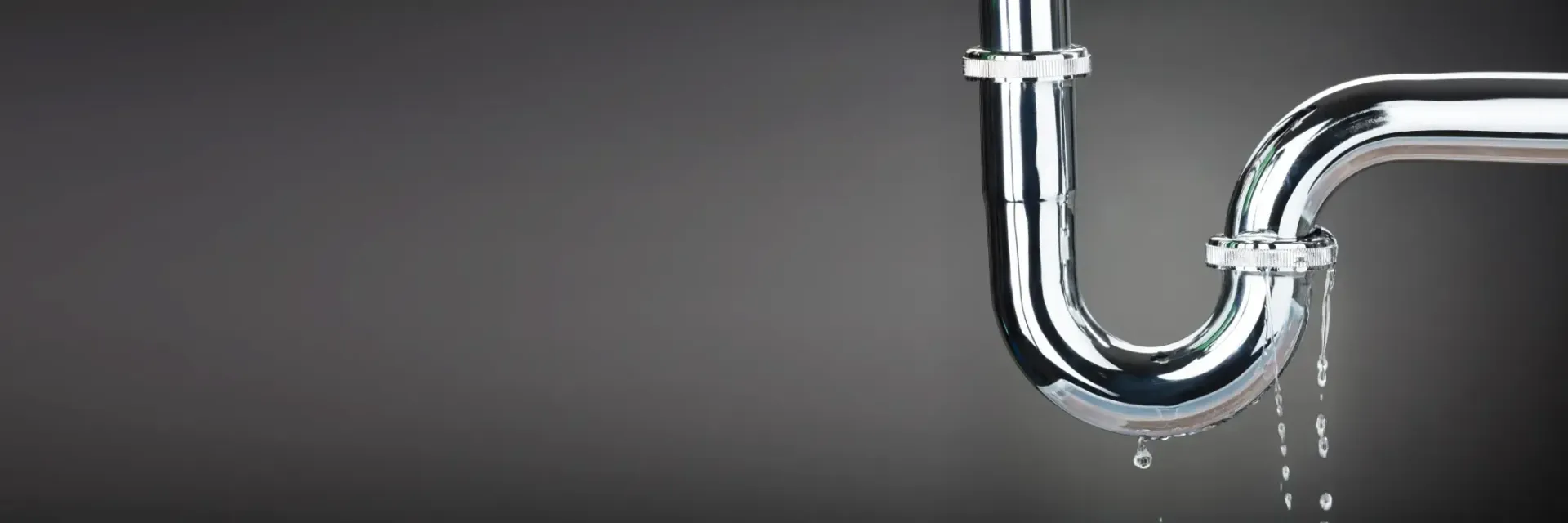
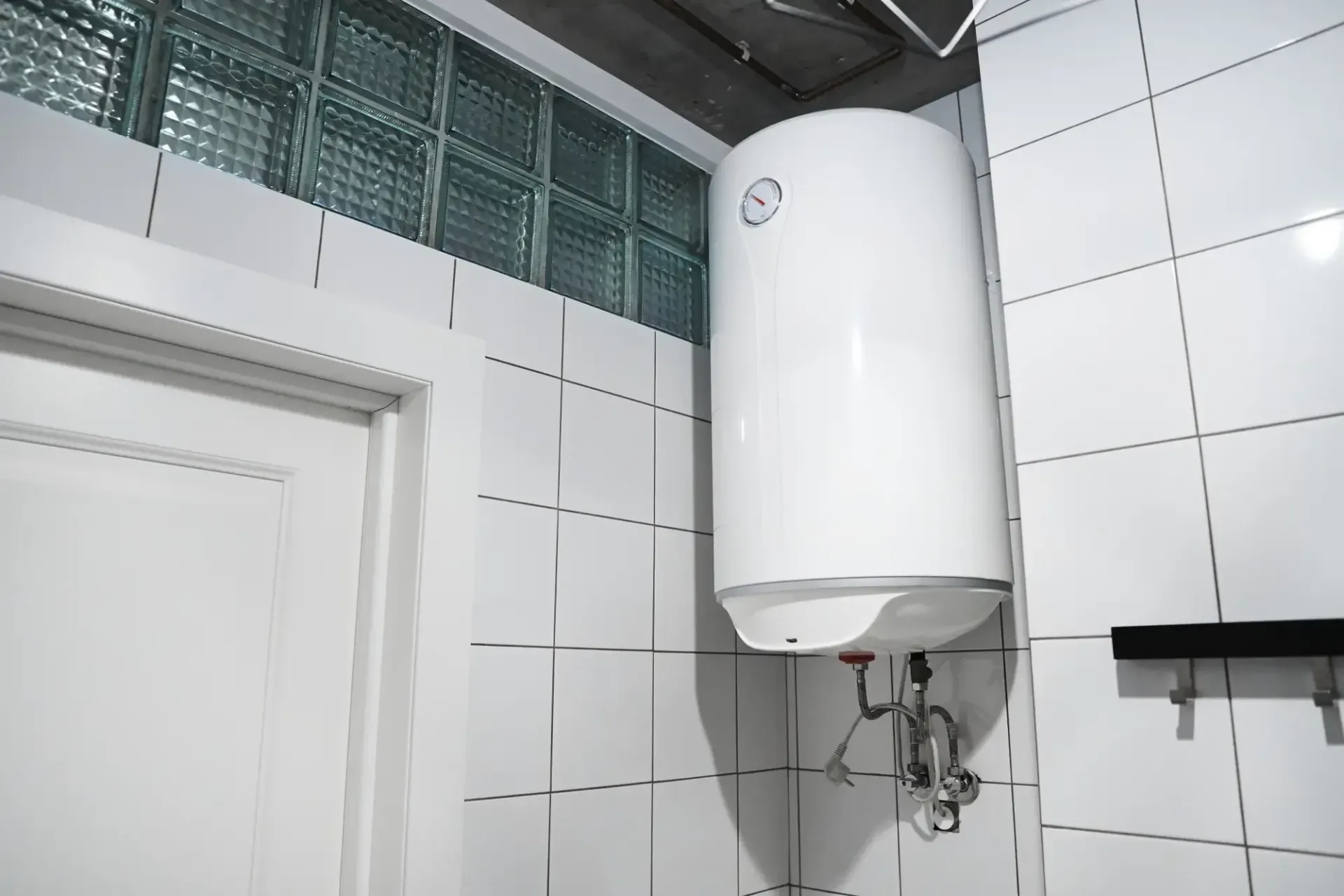
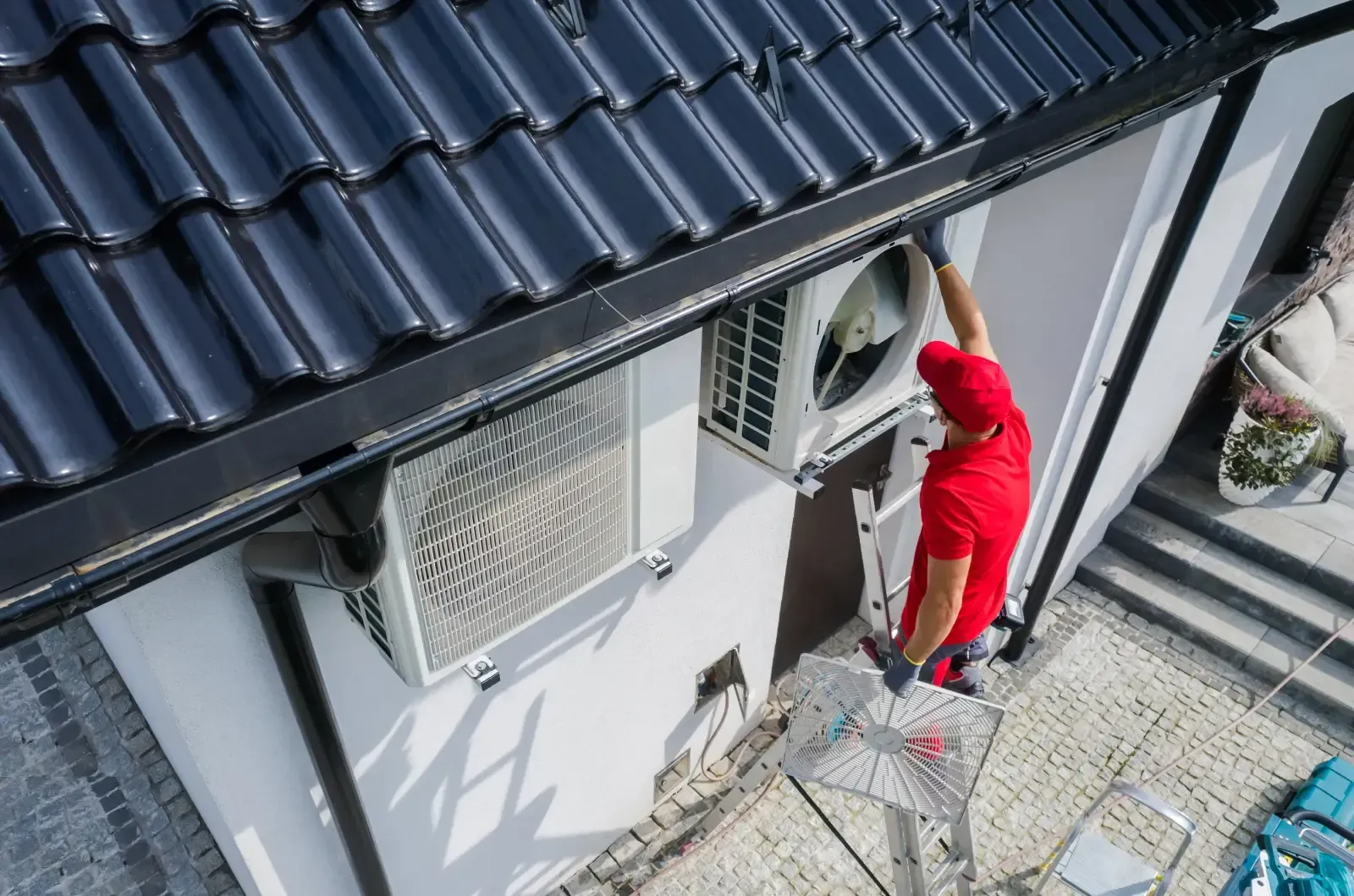
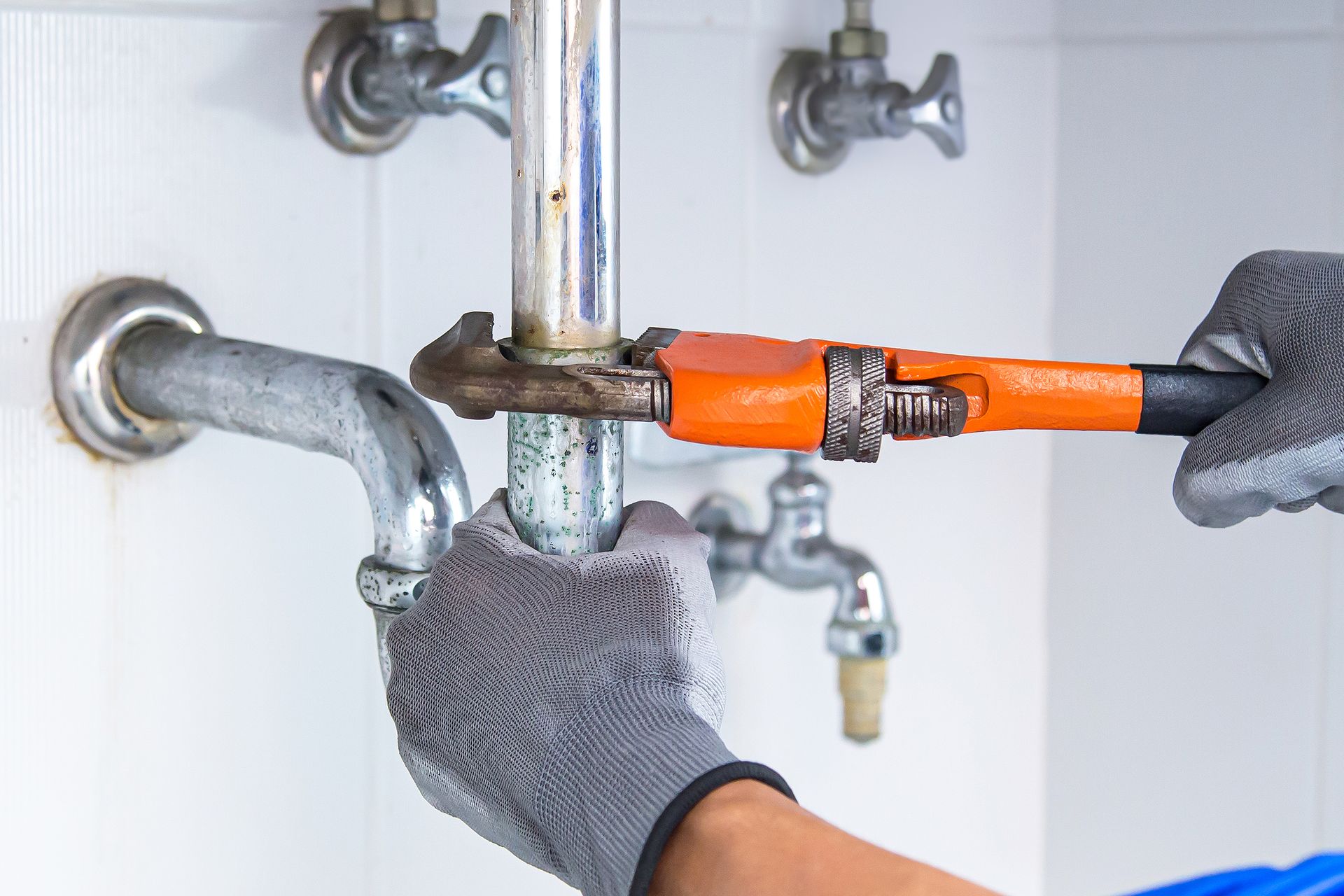
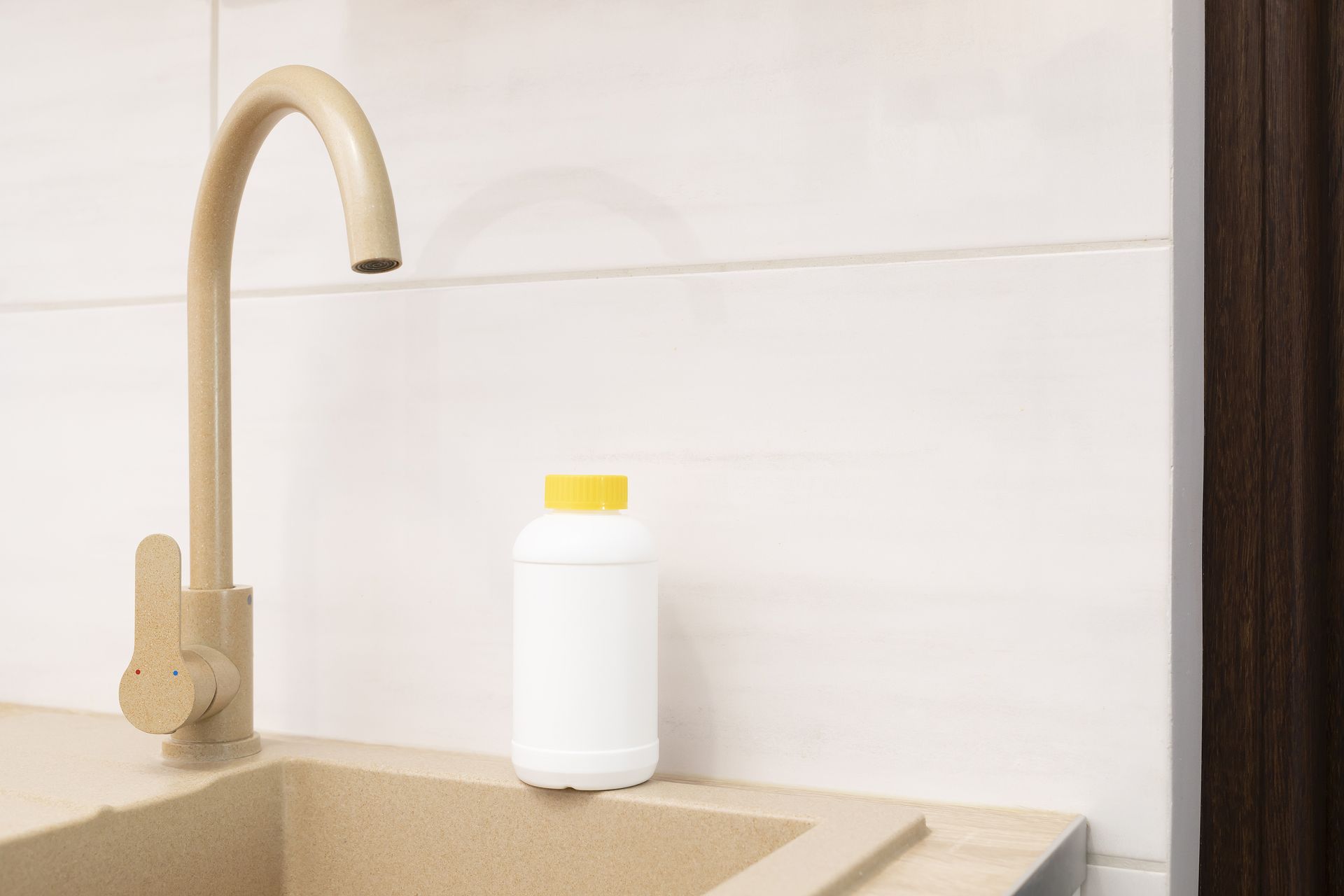
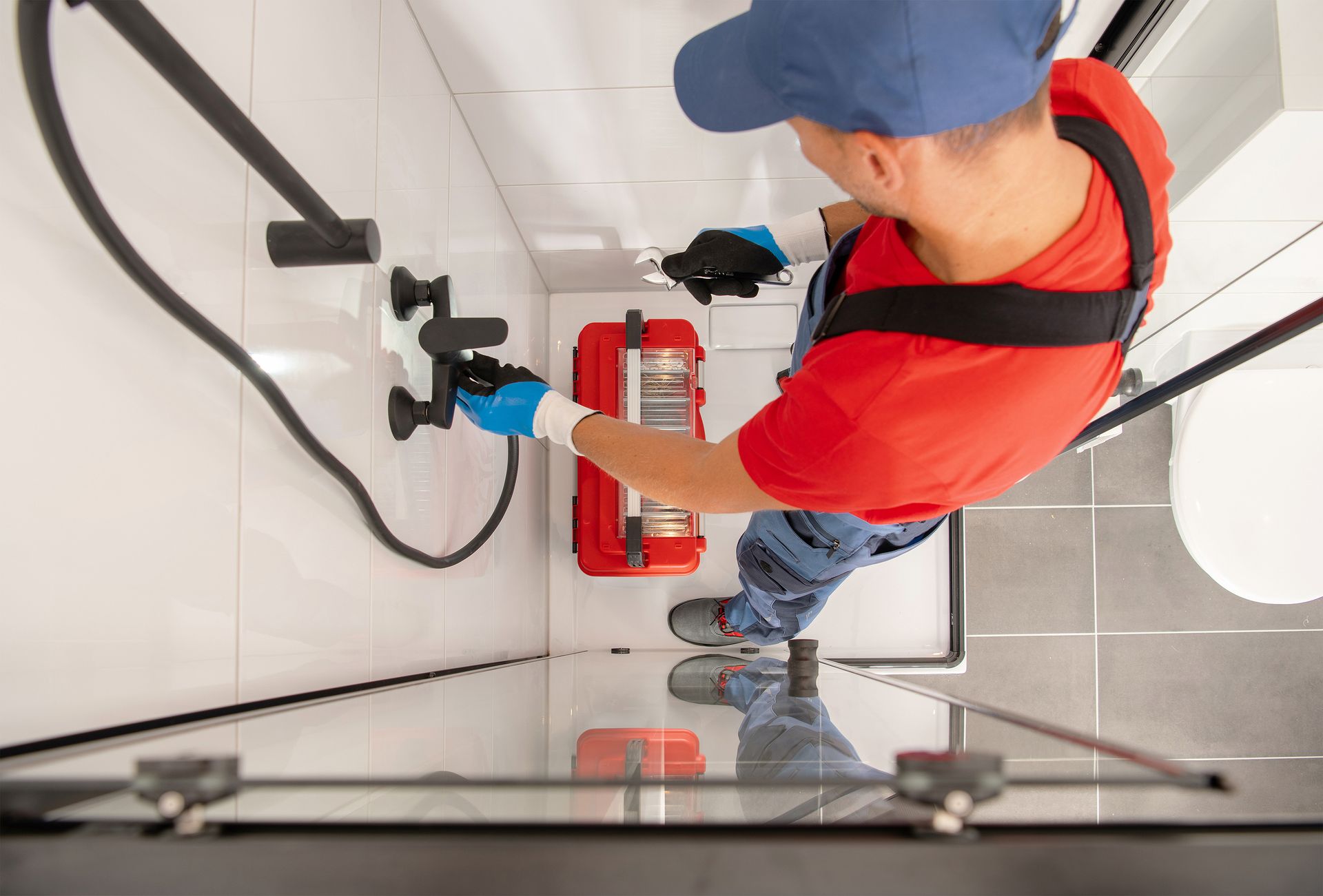
Share On: